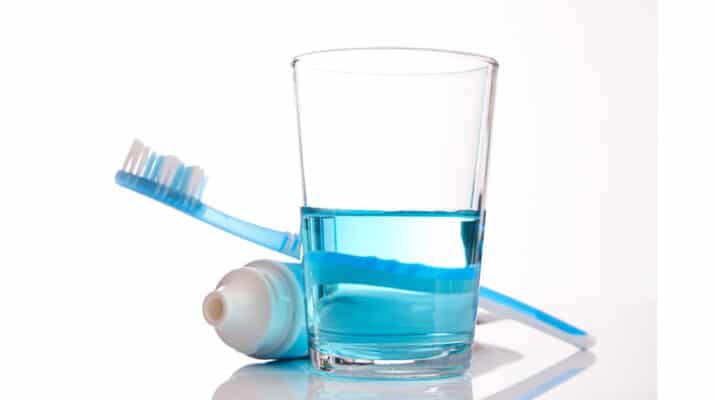By Deborah Jeanne Sergeant
Visit the dental care aisle at any store and you will see a large array of dental rinses that meet several different dental needs. Or, you could try here for the best dental and oral health care advice.
Of course, following the advice of your family’s dentist from a family dentistry ,like Dr. Feng, is what matters most. It can also help to understand the differences among the types of rinses available and how they affect dental health. If you’re looking for smile assessment, you can get by the best dental procedures from here!
The American Dental Association (ADA) classifies rinses as cosmetic, like clean breath mouthwash, or a therapeutic rinse that has a biologic application. The ADA seal indicates a therapeutic rinse. Discus with your child’s dentist what rinse may be appropriate at that age.
“We don’t recommend having children use mouth rinse until age 6, as the majority who are younger swallow it,” said dentist Tansy Schoonmaker, who practices at Little Jaws Big Smiles, a pediatric dental office in DeWitt. “You have to make sure your children are fully spitting it out. Otherwise, they can swallow things that should not be ingested. It’s one of the things I push the least.”
If a rinse is advised, practice with water a few times, having the child spit into a cup so you can ensure the same amount is coming out.
Children at low risk for cavities may not need a rinse at all. In fact, Schoonmaker said that rinsing caries more merit for teens and adults.
“For children, brushing properly and flossing is what’s important,” she said. “What causes cavities is the plaque that you need to get off the teeth. If you rely more on the mouth rinse, it isn’t getting off. Only after you’ve removed plaque does mouth rinse help.”
People living in areas without fluoridated water such as well water may benefit from a fluoride rinse. Fluoride rinses promote the remineralization of tooth enamel to help prevent tooth decay. Schoonmaker recommends ACT for that reason. It comes in minty and non-minty flavors. Children usually prefer the latter.
Some children who struggle to brush well may benefit from a plaque disclosing rinse, which helps them see plaque that they have left behind after brushing.
“They’re fabulous,” Schoonmaker said. “Only do it during the time where you can make sure they have adequate time.”
Anti-plaque pre-brushing rinse may also help children that are not as careful as they should be, since this rinse helps loosen plaque before brushing.
Tyler Mead, dentist with Downtown Dental Syracuse in Syracuse, said that rinses meant to kill bacteria help prevent gingivitis, usually more of an issue for adults than children.
“We do prefer non-alcohol mouth rinses,” he said. “Some people like the burn of the alcohol, it actually dries out your gums, so that is not as beneficial. The biggest benefit of a mouth rinse is the topical fluoride it provides people. As long as you’re cleaning well and removing everything, that fluoride can prevent cavities and even keep very small cavities at bay.”
People taking medication that causes dry mouth may need moisturizing rinses, such as Biotene. More than just a discomfort issue, dry mouth can promote the formation of cavities.
“When we see dry mouth, we’re not having the saliva acting as the natural protectant to the teeth so cavities skyrocket,” Mead said. “You can have over-proliferation of naturally occurring fungus in the mouth and things like that.”
For people experiencing toothache and post-surgical patients unable to brush for a while, a dentist may prescribe a more potent rinse to promote oral health. Prescriptions may also help reduce inflammation of the gums for people with gingivitis. Though they still need to see their dentist for regular care, these patients often benefit from prescription rinses.
Dentists can also prescribe a higher concentration fluoride rinse.
For people with multiple dental needs, there are over-the-counter rinses to address them. Some combination products may offer more than one dental advantage, such as anti-plaque, anti-gingivitis and anti-cavity. If your tooth or gum is too damaged and cannot be treated with regular or preventative dentistry, visit the tooth extraction specialists at Century Smile Dental to have the tooth removed not only for the health of that particular tooth but for the entire mouth.

